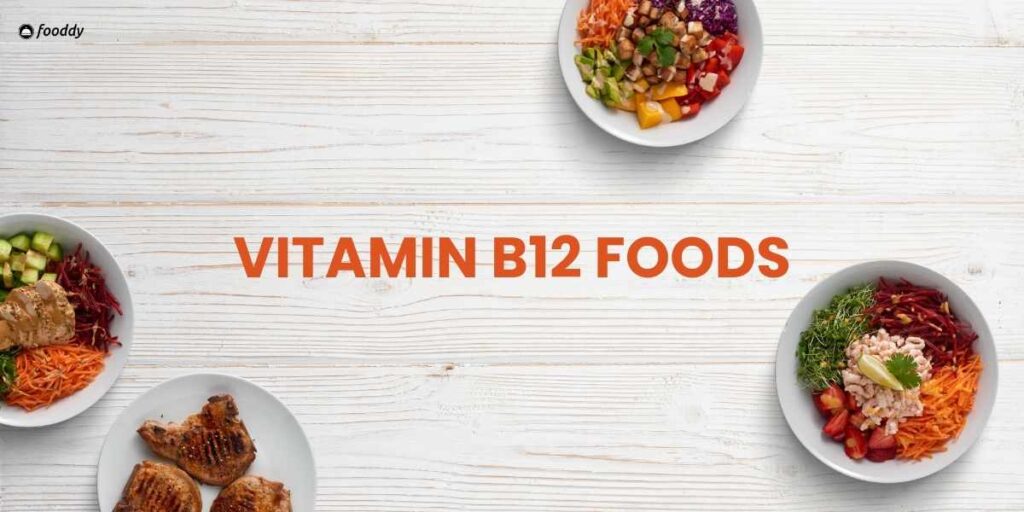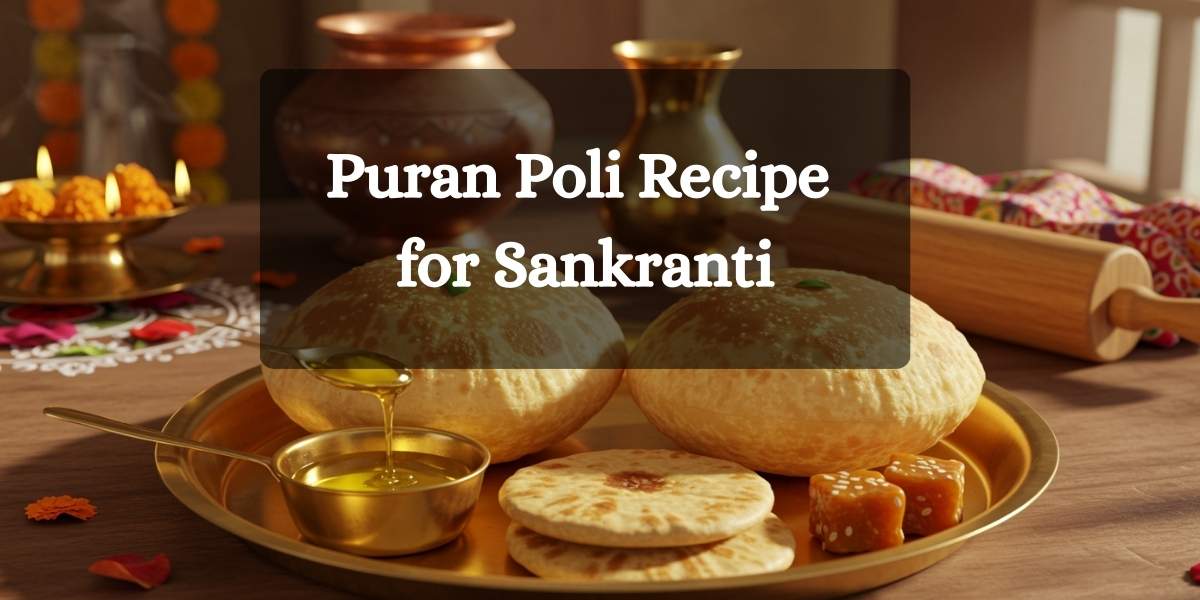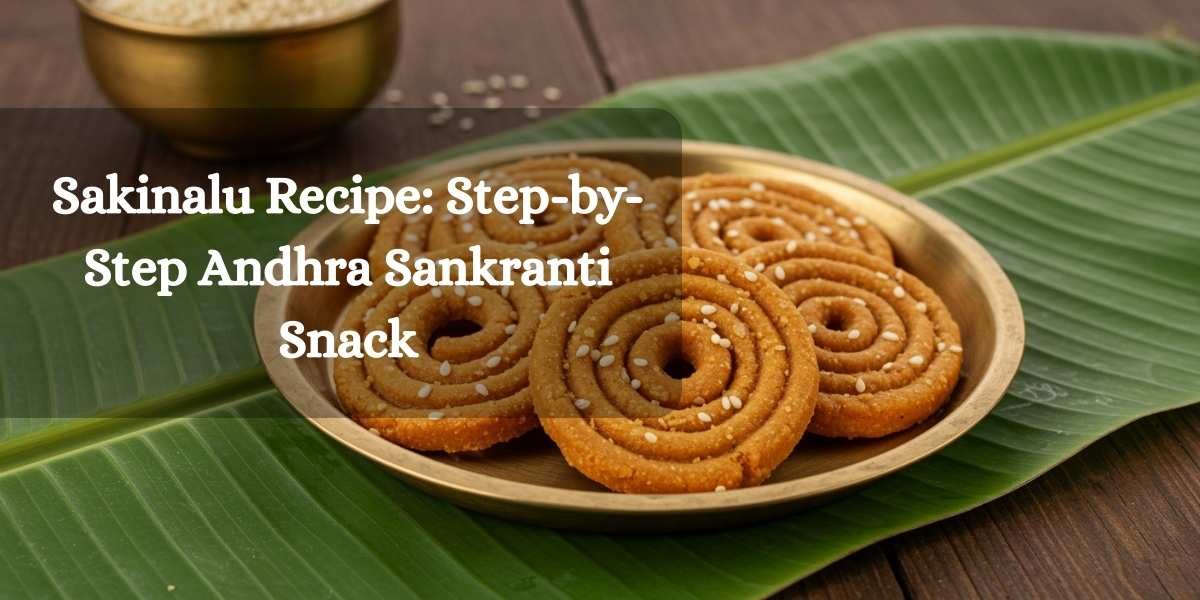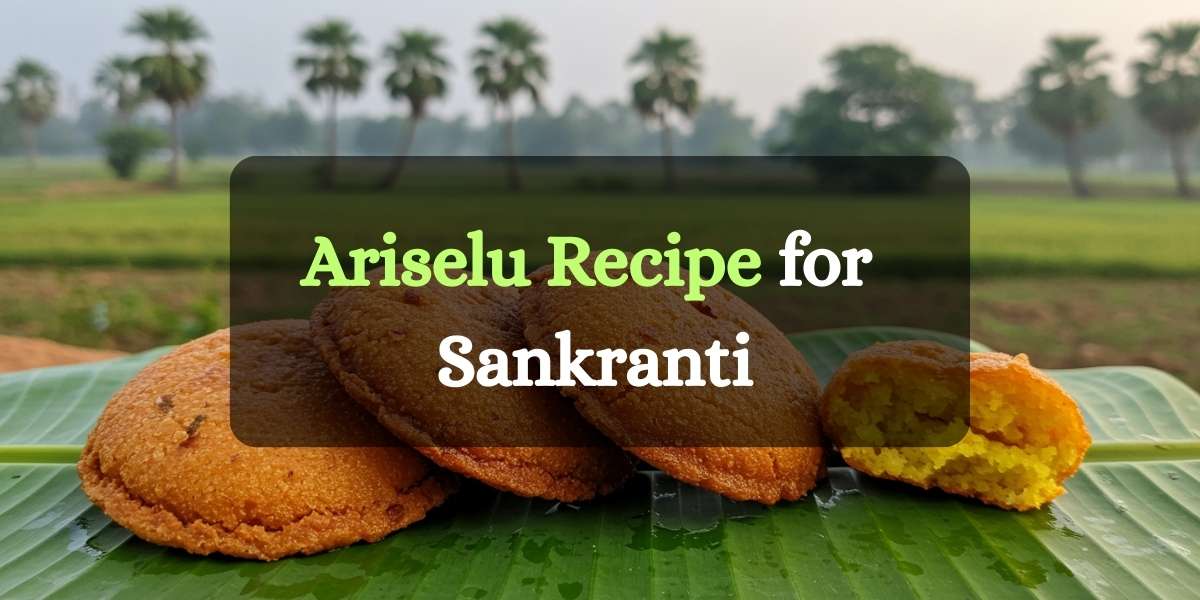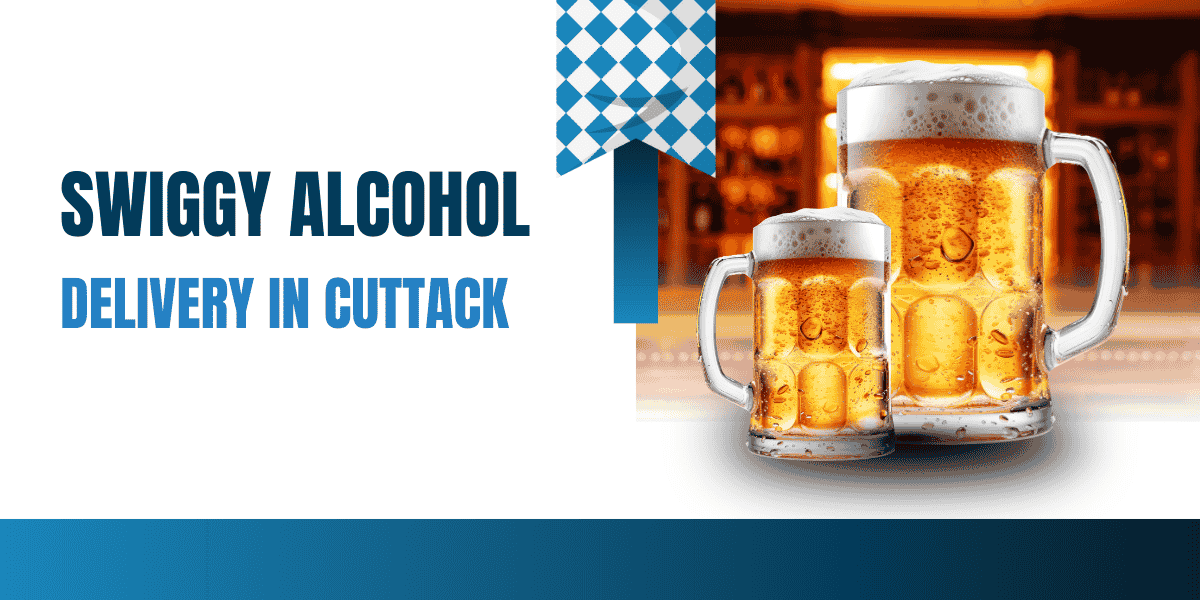Vitamin B12, also known as cobalamin, is a vital water-soluble nutrient that your body cannot function properly without. It plays an important role in the production of red blood cells, supports a healthy nervous system, aids in maintaining sharp memory, elevates energy levels, and is essential for proper DNA synthesis and cell repair. Without enough Vitamin B12 Foods, many of the body’s fundamental processes can slow down, leading to tiredness and difficulty concentrating over time. However, the challenge lies in the fact that Vitamin B12 naturally occurs only in animal-derived foods such as meat, poultry, fish, eggs, and dairy products.
This creates a dietary gap for vegetarians and vegans, who often find it difficult to obtain sufficient amounts of B12 through food alone. If this gap is not addressed, it can gradually affect both physical vitality and mental clarity, making supplementation or careful diet planning very important for plant-based lifestyles.
Common symptoms of Vitamin B12 deficiency may include
- Persistent fatigue and unusual weakness
- Problems with concentration, brain fog, or memory lapses
- Tingling or numbness in the hands and feet
- Frequent mood swings, irritability, or feelings of depression
- Hair thinning, brittle strands, or premature greying of hair
The encouraging news is that even though natural plant-based sources of Vitamin B12 are highly limited, several fortified foods and vegetarian-friendly alternatives are readily available today. By including them strategically, vegetarians and vegans can maintain good health and even support specific needs such as improving hair strength and growth. In the following guide, you’ll explore the best vegetarian foods rich in Vitamin B12, options that specifically support healthy hair, and practical tips on how to create a balanced diet that keeps your energy levels stable and your body nourished.
Top 10 Vegetarian Foods for Vitamin B12
The majority of foods that provide significant amounts of vitamin B12 for vegetarians are either sources that contain the nutrient naturally, such as certain dairy products and eggs, or items that are fortified, which means manufacturers have added B12 to boost their nutritional value. These selections are designed not only for vegetarians but also accommodate many vegan diets by focusing on plant-based fortified options. Selecting from these foods allows individuals who avoid meat and fish to reliably meet their daily requirements and prevent possible deficiencies. Incorporating a variety of such items into meals can make it easier to support overall health, maintain energy levels, and promote wellbeing without the need for animal-derived ingredients.
1. Fortified Breakfast Cereals
Why it works: Quick, widely available, and loaded with B12—some brands provide up to 100% of daily needs.
- Great for busy mornings
- Many vegan options
- Mix with plant-based milk for a double boost
2. Nutritional Yeast
Why it works: Famous for a savory, cheesy flavor, and a B12 content that’s perfect for vegans.
- Use 1–2 tablespoons to meet daily goals
- Sprinkle on popcorn, pasta, or salads
- Adds flavor without adding animal products
3. Fortified Plant-Based Milk (Soy, Almond, Oat)
Why it works: B12 is added during processing, making these milks ideal dairy alternatives.
- Choose unsweetened varieties
- Pour over cereal, blend in smoothies, add to coffee
- Essential for vegan diets
Also Read- Best Vitamin B12 Supplement
4. Fortified Tofu or Tempeh
Why it works: Some brands enrich these protein-packed foods with vitamin B12.
- Check labels for B12 fortification
- Tasty in stir-fries, wraps, and bowls
- Supports muscle and nerve health
5. Paneer (Cottage Cheese)
Why it works: Contains natural B12, great for vegetarians who include dairy.
- Popular in Indian cuisine
- Adds protein and mild flavor to curries and grilled dishes
6. Cow’s Milk
Why it works: Naturally contains about 1 mcg of B12 per cup.
- Best for lacto-vegetarians
- Enjoy in cereals, coffee, or smoothies
7. Yogurt
Why it works: Greek and probiotic yogurts from cow’s milk support digestion and deliver B12.
- Creamy texture for snacks or breakfast
- Consider Greek, plain, or probiotic varieties for extra health perks
8. Eggs (especially the yolk)
Why it works: A large egg’s yolk provides 0.5–0.6 mcg of B12.
- Perfect for ovo-vegetarians
- Prepare as omelets, boiled eggs, or scrambled eggs
9. Cheese (Swiss or Mozzarella)
Why it works: Contains smaller amounts of B12, but can help when paired with other sources.
- Adds flavor to sandwiches, salads, and pizza
- Combine with eggs or milk for more benefits
10. Fortified B12 Supplements or Vegan Drops
Why it works: Ideal for anyone struggling to get enough B12 from food, especially strict vegans.
- Options include tablets, sublingual drops, and sprays
- Easy, effective, and certified vegan-friendly
Tip: Always read labels for “fortified with B12”—look for cyanocobalamin or methylcobalamin as the B12 forms added to cereals, milks, or vegan alternatives.
Vitamin B12 Foods for Vegetarians List
Vegetarians can boost their vitamin B12 intake through a variety of foods. Fortified cereals, nutritional yeast, and plant-based milks with added B12 are great vegan-friendly choices. Dairy products like paneer, milk, yogurt, and certain cheeses provide natural B12 for those who consume them. Eggs, especially yolks, are a good source for ovo-vegetarians. For those needing extra support, fortified supplements or drops make meeting daily B12 needs easier. Including these options helps maintain energy and overall health on a vegetarian diet.
| Food Item | B12 Content (approx.) | Type |
| Fortified cereal (1 cup) | 1–6 mcg | Vegan |
| Nutritional yeast (1 tbsp) | 2–4 mcg | Vegan |
| Cow’s milk (1 cup) | 1 mcg | Vegetarian |
| Yogurt (1 cup) | 1–1.3 mcg | Vegetarian |
| Cheese (100g) | 1–2 mcg | Vegetarian |
| Eggs (1 large) | 0.6 mcg | Vegetarian |
| Fortified almond/soy milk | 1–3 mcg per cup | Vegan |
| Fortified tofu (100g) | 1–2 mcg | Vegan |
| Paneer (100g) | 0.8 mcg | Vegetarian |
| B12 Supplement (daily tab) | 2.4–1000 mcg | Vegan |
The recommended daily allowance (RDA) for B12 is 2.4 mcg for adults.
For individuals following a strict vegan lifestyle, depending on fortified foods and vitamin B12 supplements is often crucial to prevent long-term deficiencies and maintain optimal health.
Vitamin B12 for Hair – Food Sources (Vegetarian)
Vitamin B12 is essential for healthy hair growth and overall hair vitality. It aids in transporting oxygen and vital nutrients to the hair follicles, which helps strengthen hair strands, reduce breakage, and prevent issues such as thinning or premature greying. Ensuring an adequate intake of B12 through vegetarian-friendly sources can support a fuller, healthier head of hair over time.
Vegetarian B12-rich Foods Beneficial for Hair:
- Greek Yogurt – This protein-packed dairy food is also rich in vitamin B12, making it excellent for supporting a healthy scalp and promoting stronger hair growth.
- Egg Yolks – Loaded with both biotin and B12, egg yolks help nourish hair follicles and strengthen hair strands right from the root.
- Milk and Paneer – These dairy staples provide calcium along with vitamin B12, contributing to the overall structure and resilience of hair.
- Nutritional Yeast – A favorite among vegetarians and vegans, nutritional yeast offers a potent mix of B12 and other B-vitamins that help improve hair texture and vitality.
- Fortified Plant Milks – Perfect for vegans concerned about hair fall, these milks contain added B12 to help maintain healthy hair growth without animal products.
- Tofu and Tempeh (Fortified) – These plant-based proteins, when fortified with B12, provide a powerful combination of nutrients that support both hair strength and scalp health.
Including these foods regularly can help maintain vibrant, strong hair while filling important nutritional gaps in a vegetarian diet.
Bonus Nutrients to Pair with B12 for Healthier Hair
- Iron helps boost blood circulation to your hair roots, making sure they get enough oxygen and nutrients to stay strong.
- Zinc plays a key role in keeping your scalp healthy by warding off dandruff and reducing hair thinning.
- Biotin (Vitamin B7) is frequently paired with B12 in hair supplements because it supports stronger, thicker hair strands.
Hair Tip: Try combining B12-rich foods with meals high in protein and iron. Missing out on any of these important nutrients can cause hair loss or lead to dull, fragile hair.
Conclusion
For vegetarians—and especially vegans—getting enough vitamin B12 from diet alone can be quite challenging. However, with careful planning and knowledge, meeting your B12 needs is entirely achievable through fortified foods, dairy and eggs if you include them, and supplements when necessary.
To recap:
- Incorporate fortified cereals, plant-based milks, and nutritional yeast regularly into your meals.
- If you’re a vegetarian (not vegan), make sure to include eggs, dairy, and cheese to boost your B12 intake.
- For maintaining healthy hair, focus on the combined benefits of B12, protein, and iron.
- Consider a vegan-certified B12 supplement to ensure you cover all your bases.
Monitoring your B12 levels and acting promptly if you notice signs of deficiency can lead to better energy, improved mood, sharper thinking, and stronger hair and nails. Don’t overlook the subtle signals your body may send—taking early, informed steps can make all the difference.
FAQs
Q1. Can vegans get enough B12 from just plant-based foods?
Ans:- No, vitamin B12 doesn’t naturally exist in plants. Vegans need to rely on fortified foods or supplements to get enough B12 each day.
Q2. What are the first signs of a B12 deficiency?
Ans:- You might feel tired, experience numbness, forget things easily, feel dizzy, have mood swings, or notice hair thinning or early greying.
Q3. Is nutritional yeast a good source of B12?
Ans:- Yes, fortified nutritional yeast can give you all your daily B12 needs with just a tablespoon or two. Just check the label to be sure it’s fortified.
Q4. How much B12 should a vegetarian get daily?
Ans:- Adults generally need about 2.4 micrograms. Vegetarians should aim for that amount through food or supplements.
Q5. Can low B12 cause hair loss?
Ans:- Definitely. B12 is important for feeding your hair follicles and helping with oxygen flow. Without enough, hair can thin or fall out more than usual.
Q6. Do any fruits or veggies have B12?
Ans:- No, fruits and vegetables don’t naturally contain B12. The only way to get it from plants is through fortified products like plant milks or cereals.
Q7. Should vegetarians take B12 supplements?
Ans:- If you’re not eating enough fortified foods or notice low energy or hair issues, supplements can be really helpful. They’re safe and a reliable way to keep your levels up.

